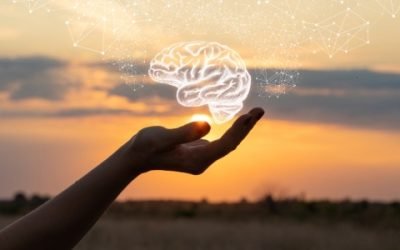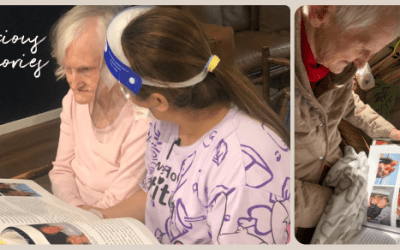A question we hear a lot is “what is the difference between Alzheimer’s and dementia?”. Many people confuse the two, often believing them to be the same thing. As a quick answer, Alzheimer’s is the specific name of the disease, and dementia is the umbrella term that...
Navigating the Landscape: different types of dementia, and is dementia a disease?
Before we get started, it is important to note that the term 'dementia' is actually an umbrella term that describes many different types of diseases. Dementia is not a disease in itself, but rather the symptoms of these diseases. When we talk about the different types...
5 tips for engaging your loved one living with dementia during holiday gatherings
For many, this is a busy time of year with family, social and work gatherings. For people living with dementia, this time of year can be a little bit more complex. If they are living alone, it can be an isolating time, where friends and family that used to pop in, may...
Sweet Dreams: Unlocking the Power of Sleep for Optimal Brain Health
Getting a good night's sleep is like giving your brain a big, cozy hug! It's not just about feeling refreshed in the morning; sleep plays a crucial role in keeping your brain healthy and happy. When you catch those Z's, your brain gets to work, consolidating memories,...
Brain Matters: The Importance of Maintaining Good Brain Health
Maintaining good brain health is crucial for a person's well-being. The brain is responsible for controlling an individual's thoughts, emotions, behaviours, and bodily functions. It is the most important organ in the human body, which is why it is essential to...
Preserving Precious Moments: Creating a Memory Book for Someone Living with Dementia
Have you heard about memory books? They're such a beautiful way to help people living with dementia recall happy moments from their past. A memory book is a collection of photos and stories that are close to their heart and can bring a smile to their face. It's like a...






